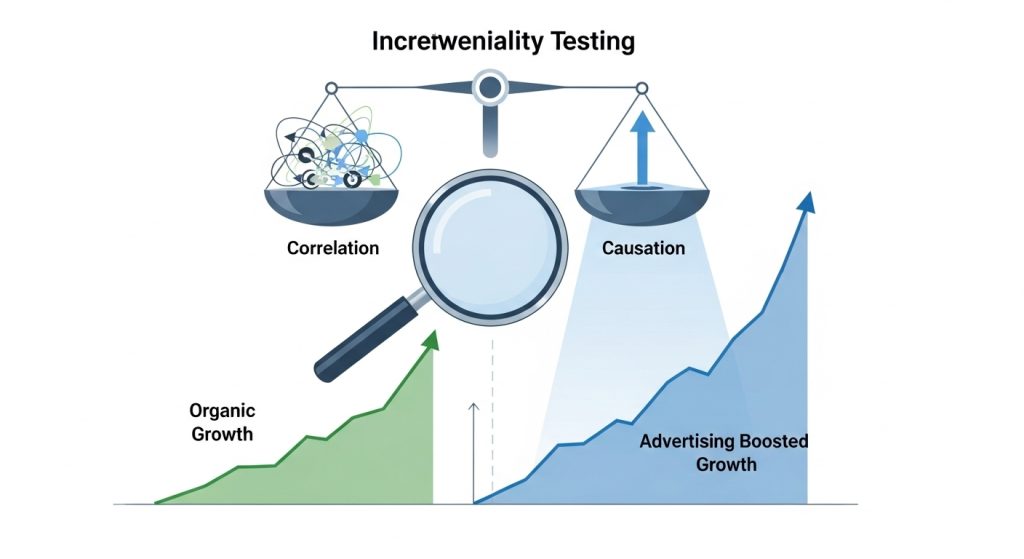In an increasingly skeptical consumer landscape, traditional advertising often struggles to cut through the noise. This is where influencer marketing steps in, offering a powerful and authentic way for brands to connect with their target audience. By collaborating with individuals who have established credibility and a loyal following, brands can tap into pre-existing trust and reach highly engaged communities. Leveraging influencer marketing effectively is not just about finding someone with a large following; it’s about forging genuine partnerships that drive authentic brand growth. This guide explores how to harness the power of influencer marketing for your business.
The first step in a successful influencer marketing strategy is to define your goals. What do you want to achieve through influencer collaborations? Are you aiming to increase brand awareness, drive website traffic, generate leads, boost sales, or improve brand perception? Clear, measurable goals will guide your selection of influencers and the type of campaigns you run. Once your goals are set, identify your target audience. Who are you trying to reach? Understanding your audience’s demographics, interests, and the social media platforms they frequent will help you find influencers whose audience aligns with yours.
Finding the right influencers is crucial. Don’t just look at follower count; focus on relevance, authenticity, and engagement.
- Relevance: Does the influencer’s content and audience align with your brand’s niche and values? A perfect fit ensures their followers are genuinely interested in your products or services.
- Authenticity: Does the influencer have a genuine connection with their audience? Look for consistent engagement, thoughtful comments, and a natural tone.
- Engagement: A high engagement rate (likes, comments, shares relative to follower count) is often more valuable than a massive follower count. Micro and nano-influencers (with smaller but highly engaged audiences) can often deliver better ROI due to their niche focus and stronger community ties.
Use influencer marketing platforms or conduct manual research to identify potential partners.
Building genuine relationships with influencers is key to long-term success. Approach influencers with a personalized message that highlights why you believe they would be a good fit for your brand and what value you can offer them. Don’t just send a generic pitch. Focus on collaboration and co-creation rather than just transactional endorsements. Offer fair compensation, whether it’s monetary, free products, or affiliate commissions. A strong relationship fosters genuine advocacy, leading to more authentic and impactful content for your brand.
Crafting compelling campaign briefs is essential for clear communication. Your brief should outline your campaign goals, target audience, key messages, desired content formats (e.g., Instagram post, YouTube video, blog review), specific calls to action, and any brand guidelines. Give influencers creative freedom to produce content in their authentic voice, as this is what resonates with their audience. However, ensure they understand your brand’s core message and legal disclosure requirements (e.g., #ad, #sponsored). A clear brief minimizes misunderstandings and ensures the content aligns with your objectives.
Measuring the performance of your influencer campaigns is vital for continuous improvement. Track key metrics such as reach, impressions, engagement rate, website traffic driven by influencer links, lead generation, and sales conversions. Use unique tracking links, discount codes, or specific landing pages to attribute results accurately. Analyze which influencers and content types perform best and why. Don’t just look at immediate sales; consider the impact on brand awareness, sentiment, and audience perception. Influencer marketing is an iterative process; learn from your data and refine your strategy for future collaborations.
Legal and ethical considerations are paramount in influencer marketing. Ensure influencers clearly disclose their sponsored content as required by regulatory bodies (e.g., FTC in the US, ASA in the UK). Have clear contracts in place that outline deliverables, compensation, usage rights, and exclusivity clauses. Protect your brand’s reputation by partnering with influencers who maintain a positive online presence and align with your brand’s values. A single misstep can lead to significant backlash, so due diligence is crucial.
Integrating influencer marketing with your broader digital strategy amplifies its impact. Repurpose influencer-generated content across your own social media channels, website, and email campaigns (with proper permissions). Use influencer insights to inform your content strategy and product development. Combine influencer campaigns with paid social media advertising to boost reach and targeting. By creating a cohesive marketing ecosystem, you can maximize the reach and effectiveness of your influencer collaborations, driving authentic brand growth and building lasting connections with your target audience. Influencer marketing, when done right, is a powerful engine for modern brand success.
📚 For more insights, check out our complete social media resource.


